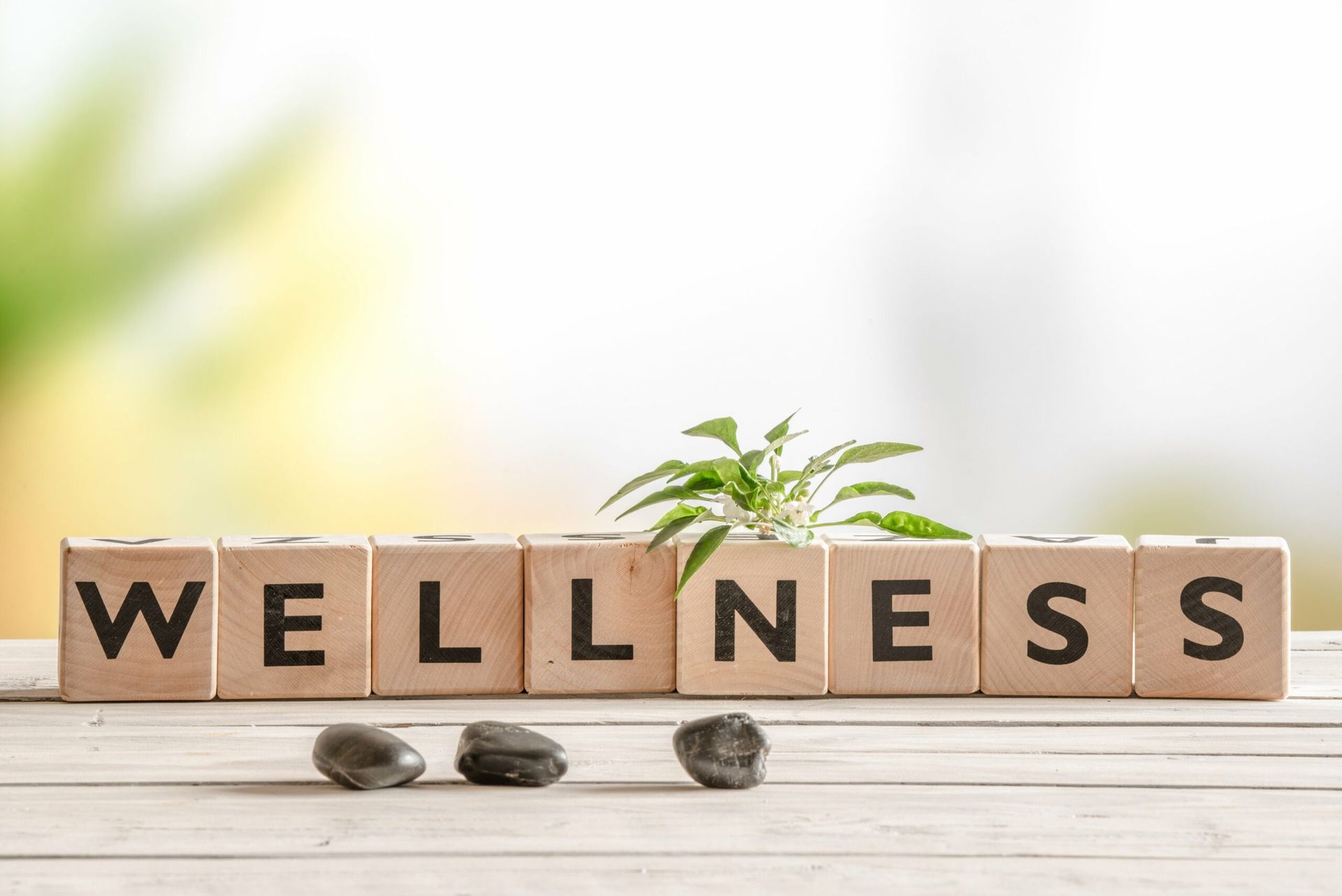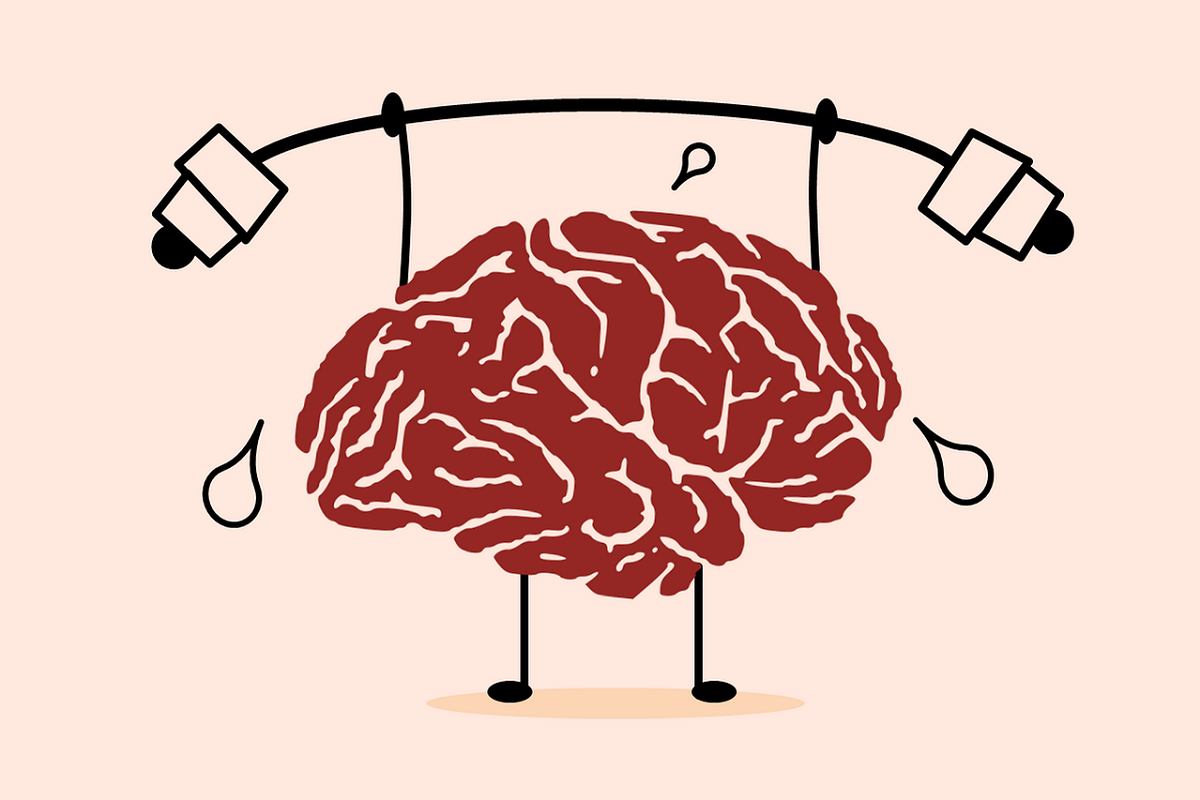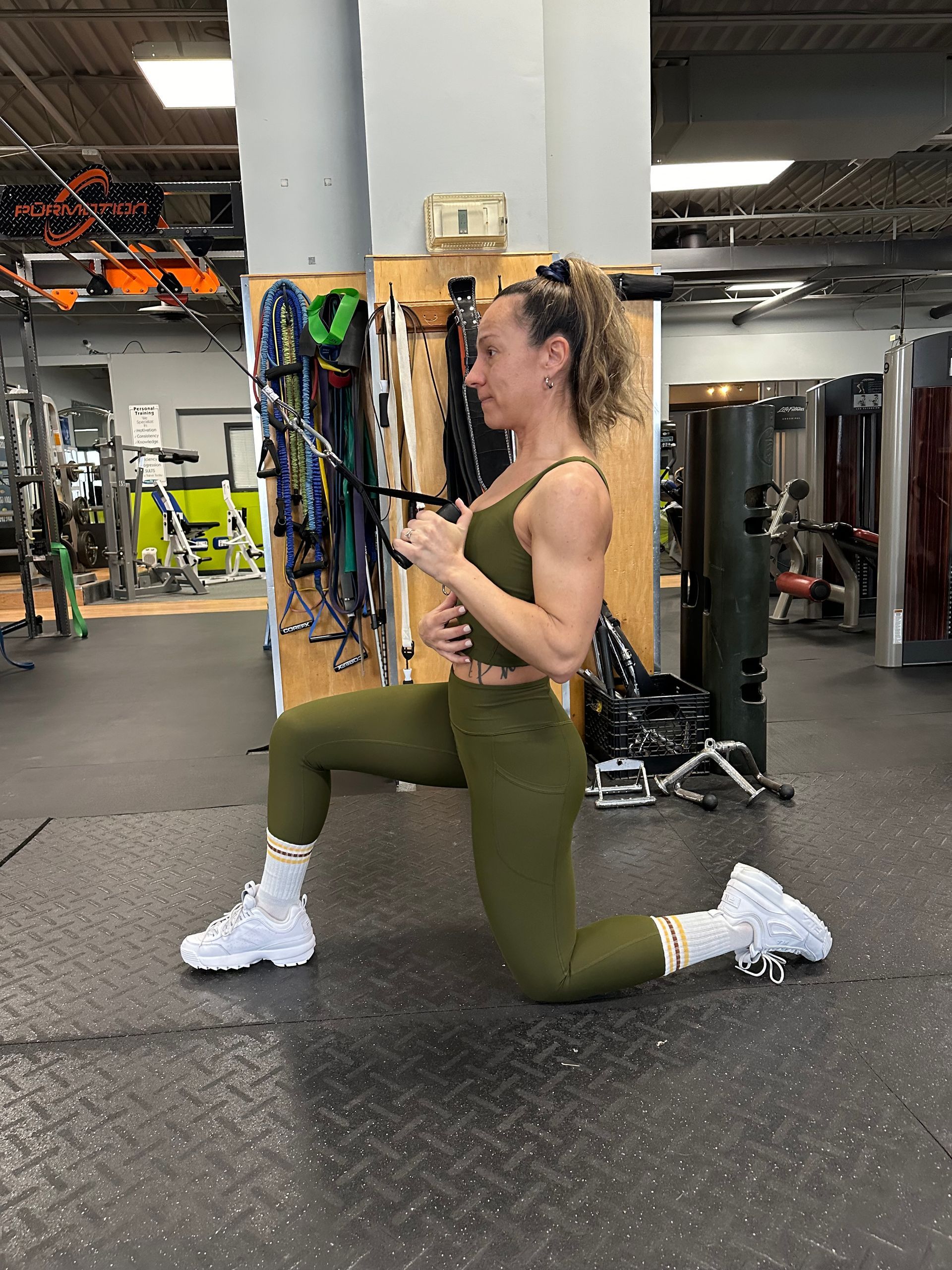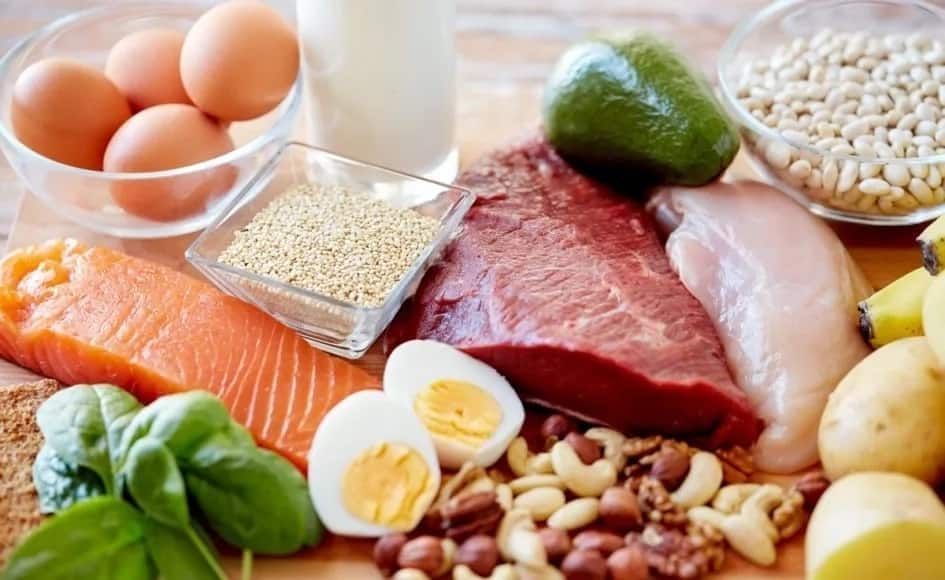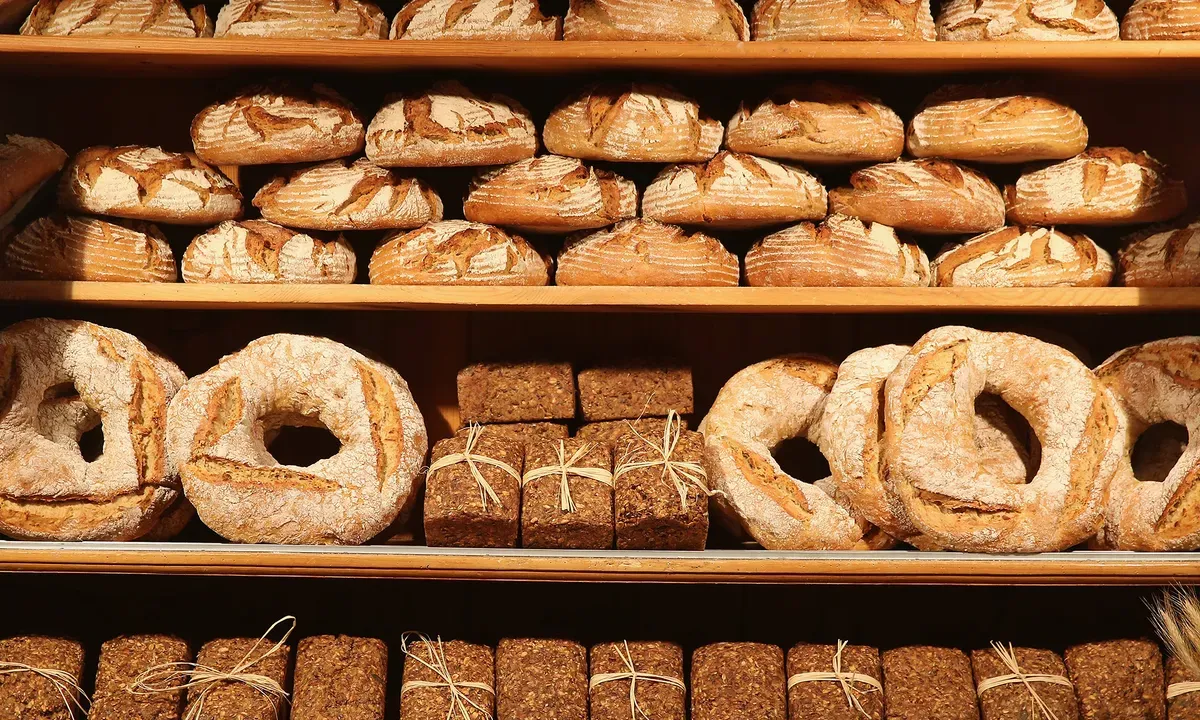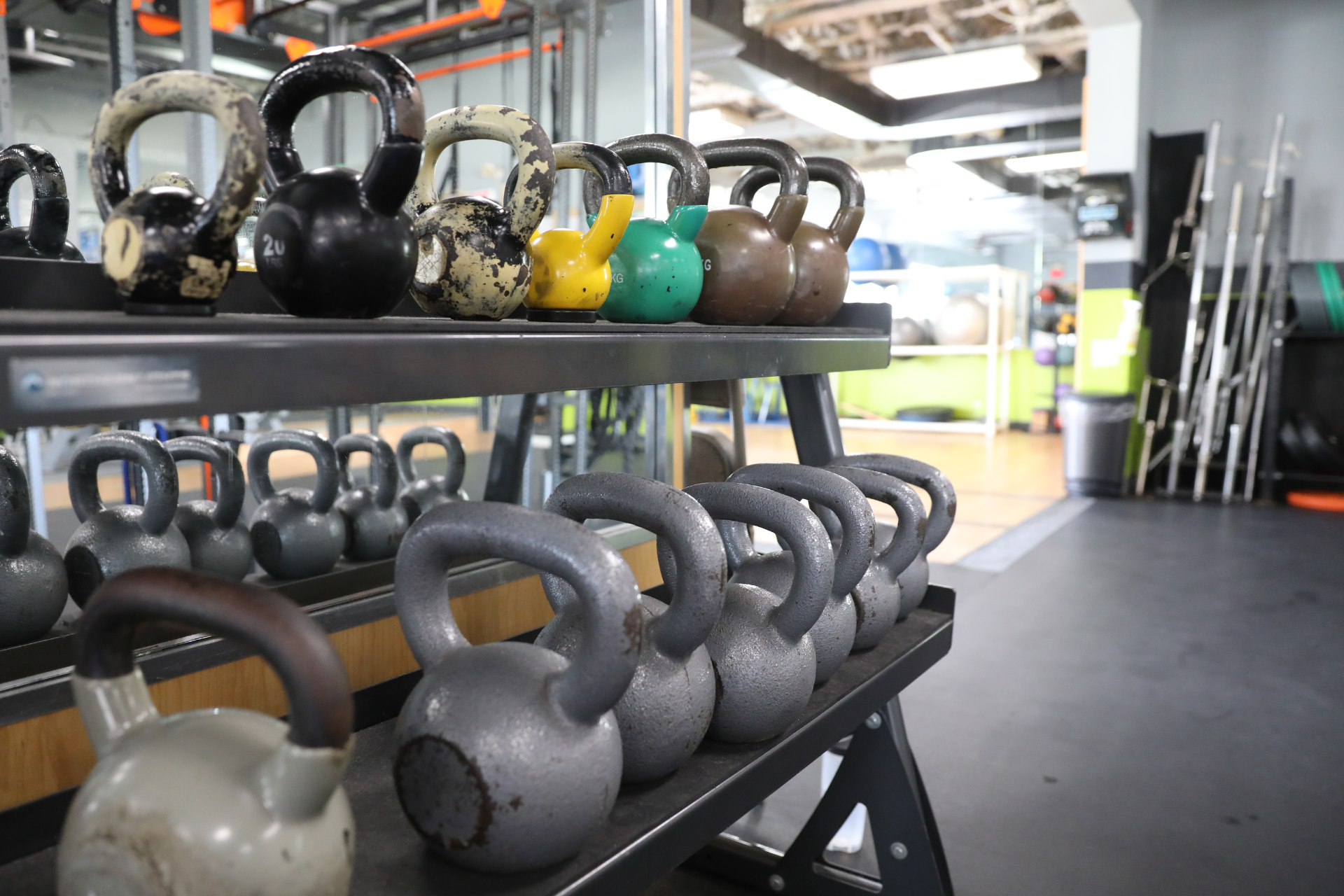Boosting your immune system with FOOD.
The body has 2 basic immune systems/responses when a pathogen is introduced: the innate immune system
and the adaptive immune system. The innate immune response is the body’s first line of defense, immediately working to prevent the spread of foreign pathogens throughout the body by using physical, chemical and cellular defenses. Meanwhile, the adaptive immune response is specific to the pathogen present in the system, creating antibodies harmful only to the foreign pathogen and sends these efficient cells to fight the illness.
Micronutrients found in our food help boost our immune system, priming our body’s defenses against illnesses, but how much can I jump start my immunity? Well that really depends on your age, overall health (diet, weight, smoking/drinking) and stress levels (chronic mental stress, lack of sleep). Even if you may be in poor health, focusing on your diet may make a difference this winter.
Your diet may help you immunity, but if you are not at a healthy baseline, your body must work harder to knock out pathogens. For a well working immune system, it’s still important to maintain a healthy weight, reduce your stress, get quality sleep and regular exercise.
With a poor diet, your body’s inflammatory response to bacteria and viruses would take a huge hit; packing your plate with different fruits and vegetables helps control that response. Some inflammation is needed to get rid of pathogens and to assist the immune system, but the production of too many inflammatory components can cause negative effects to the body:
- Can damage surrounding tissues
- Can cause autoimmune diseases
- Can cause chronic diseases
Our Western diet is full of overly processed, fat-filled foods, sugary drinks and red/processed meats – all of which can cause persistently high levels of inflammation. We must overcome these urges and better our diet, choosing foods that will support a healthy inflammatory response without sending it into overdrive (i.e. leafy greens, tomatoes, fruits, nuts, fatty fish and olive oil)
Put aside your immune system for just a second, and consider the long term effects. Eating a lot of this unhealthy and processed food has been shown in studies to shorten your life; a 10% increase in these foods would create a 14% higher risk of death from all causes. Not to mention that chronic inflammation has been linked in studies to:
- Cancer
- Heart Disease
- Diabetes
- Arthritis
- Depression
- Alzheimer’s
Wanting to change your diet now? Don’t worry, I did too after the research. So what do I need to eat for a healthier diet and to boost my immunity this winter? Well …
- Eat a large variety of fresh and colourful (red, yellow, orange, blue, green) fruits and vegetables each day
- Eat whole grains
- Eat some lean protein
- Include healthy oils
- Fill your plate with mostly fruits and vegetables, the more the better
How do I maximize the impact of food on my immune system?
Well you have to eat a lot of fruits and vegetables each day, so you may want to learn how to incorporate more of them into your regular dishes. A study compared the immune response in 3 groups of animals given different serving sizes of fruits and veggies. The group with the best immune effects were eating 8 – 9 servings per day, so you have to work at it in order to reach that level.
What about supplements?
The human body is made to absorb nutrients from whole foods more efficiently than processed foods or supplements. I mean it’s just in our nature. People can still benefit from nutrient supplements - especially for active, healthy older people - and may need to add specific micronutrients to their diet based on medical conditions, age, or limited access to nutritional foods.
Zinc
is useful to the immune system in a variety of ways, like being able to bind to the influenza virus and activate it. There are even zinc lozenges encouraged to be consumed in the first 24 hours of a cold/flu may give your immune system a boost in fighting the illness. Check with your doctor before adding the supplement to your diet as it can interfere with antibiotic effectiveness, or negatively interact with some blood pressure and rheumatoid arthritis medications.
Selenium
plays a very important role in immunity as it can reduce inflammatory response. Most people get plenty of selenium from their regular diet. Foods rich in selenium are seafood, meat, poultry, eggs, dairy products, breads, cereals, and nuts.
Vitamin E
helps the immune system in 2 ways: it acts as an antioxidant in the body, helping protect cells from free radical damage, and can boost your cell-mediated immunity. The best sources of vitamin E are vegetable oils, like sunflower or safflower, peanuts, hazelnuts, almonds, seeds, and wheat germ.
Vitamin C
is commonly seen as the immune system booster, but studies have only found mild benefits, reducing the length and severity but even that isn’t guaranteed. Vitamin D has also had studies showing some benefit, but the immune-boosting evidence is mixed. Be sure to keep up your healthy daily dose, but don’t overload expecting impenetrable defenses.
Want more information?
Click HERE
to learn all about Kerri and how she, as a Dietitian, can help you boost your immune system through food!



